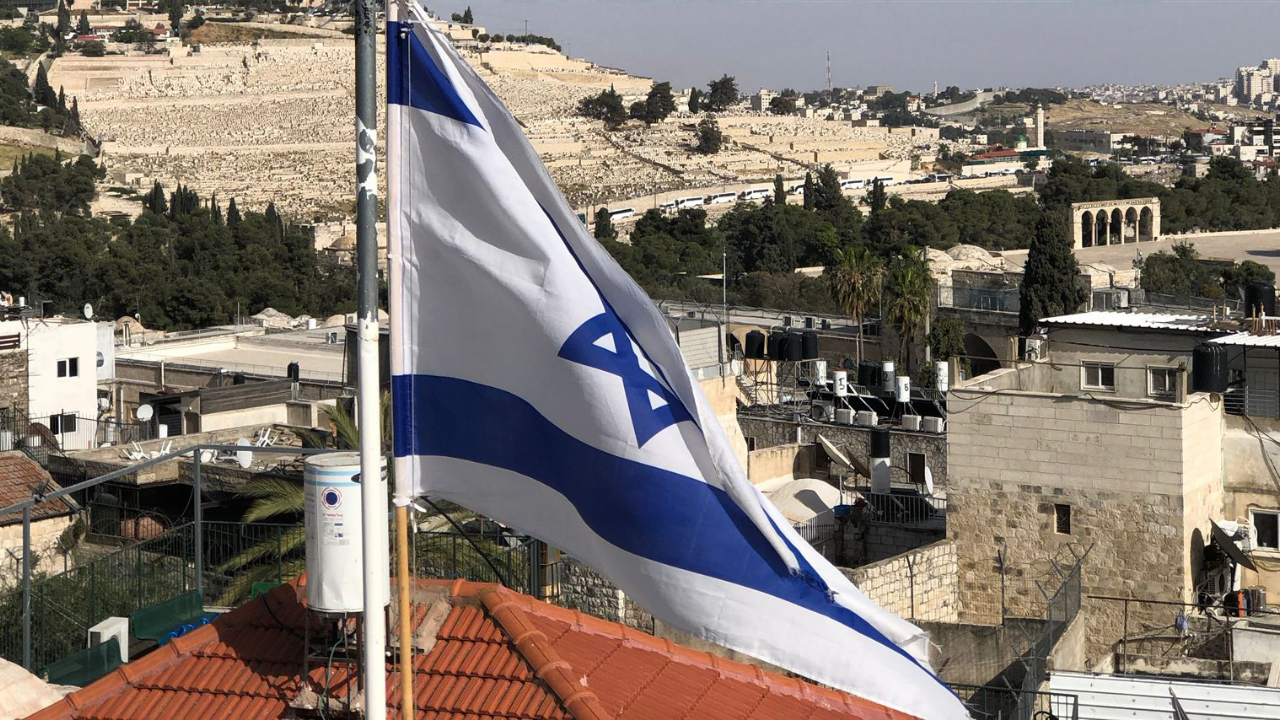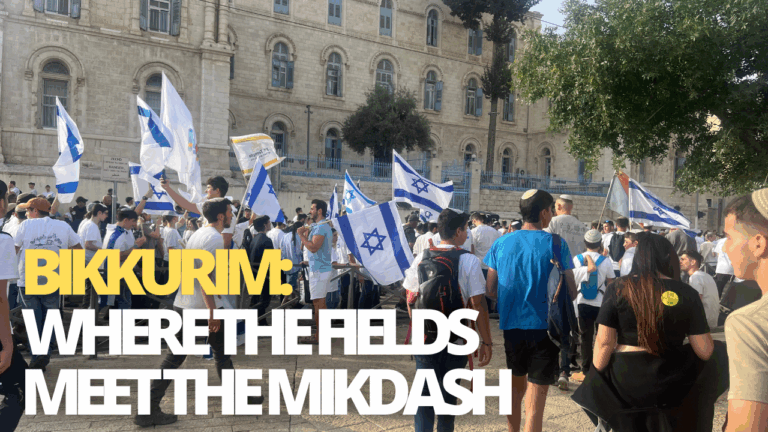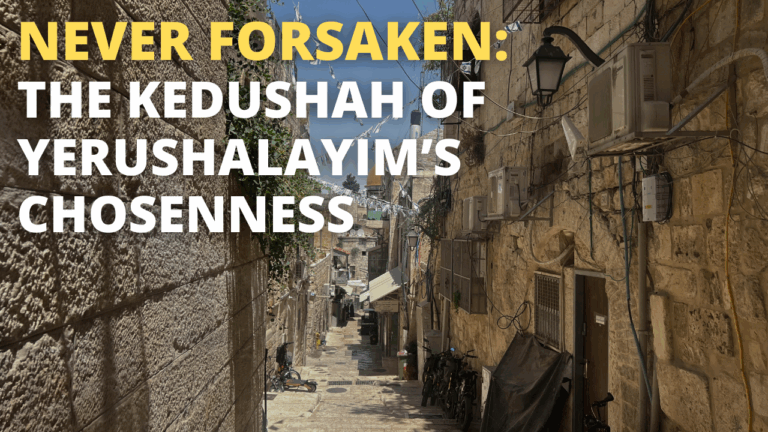The Angelic Flag of Jerusalem
Shir HaShirim is a love song between God and the Jewish people. In one verse, God tells the Jewish people the following: “You are fair, my beloved, as Tirzah, comely as Yerushalayim, awesome as the bannered legions.” The Midrash in our parsha offers a variety of interpretations to this cryptic praise from God.
One interpretation goes as follows:
“As Tirtzah” – that you appease Me with sacrifices.
“Comely as Yerushalayim” – like the groups of angels that fear Me and are perfect to Me.
“Awesome as the bannered legions” – In what way are you bannered? With the flags that I have given you. Dovid saw this and he said, “He has not done this for any other nation.” Just for His nation. This is the meaning of the verse “each person by his flag.”
What is the meaning of this midrash? Why juxtapose the Jewish people being like the angels with the fact that they have flags?
Perhaps the midrash is intentionally juxtaposing the Jewish people’s spiritual and national qualities. On the one hand the Jewish people offer sacrifices. They are as perfect to God as the angels. Sacrifices and angels are spiritual matters. Flags, by contrast, represent a sense of national organization and pride. People of a country rally around a flag which symbolizes a country’s independence and values.
According to this midrash, in a single verse, God describes the Jewish people as being both angelic and grounded. We are otherworldly and spiritual, while still being rooted to a particular
people and a particular place through flags. Regarding other nations these praises might seem to be dichotomous. For the Jewish people, though, this is our raison d’etre. We are here to be in this world but not of this world; to be firmly rooted on the ground while always remaining connected to the heavens above.
Interestingly, this midrash also has a focus on Yerushalayim. The verse itself has God telling the Jewish people that they are as “comely as Yerushalayim” which is interpreted to mean that they are otherworldly and angelic. In addition, the midrash describes that seeing the flags inspires Dovid to say “He has not done this for any other nation.” This verse appears at the end of a psalm that is headed by the phrase: “The Lord is the builder of Jerusalem” and describes how Yerushalayim should praise God for His goodness to the city. It seems that the flags that Dovid sees are the flags flying above his new capital city of Yerushalayim. Yerushalayim, then, is connected to both halves of the midrash.
It is no coincidence that Yerushalayim is both the symbol of angelic spirituality and of a worldly flag. The city of Yerushalayim holistically integrates both of these elements. It is a city of sanctity where people can experience the Divine Presence in the Beit HaMikdash. But it also a strong national capital, the seat of a very real kingdom.
This Yom Yerushalayim, when we see the flag of the State of Israel and the flag of the city of Yerushalayim flying over the city, let us think about these themes. While we still have a long journey ahead of us towards the complete redemption, even today we can appreciate the fact that the city of Yerushalayim is both a bastion of Torah and the center of the State of Israel with its thriving society and economy. And, like, Dovid, let us use this opportunity to thank God: “He has not done this for any other nation… Hallelujah!.”



